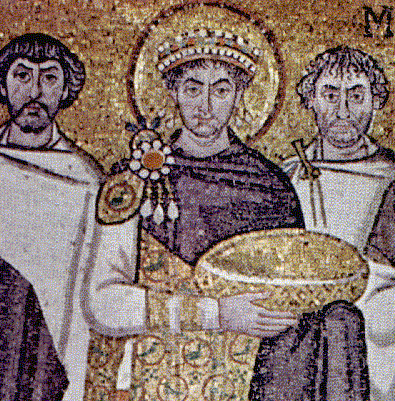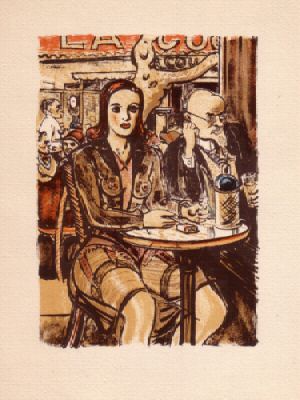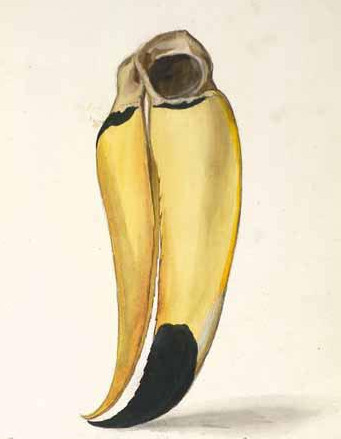The Stories We Tell
In 1908, in a wild and remote area of the North Caucasus, Leo Tolstoy, the greatest writer of the age, was the guest of a tribal chief "living far away from civilized life in the mountains."Gathering his family and neighbors, the chief asked Tolstoy to tell stories about the famous men of history. Tolstoy told how he entertained the eager crowd for hours with tales of Alexander, Caesar, Frederick the Great, and Napoleon.
When he was winding to a close, the chief stood and said, "But you have not told us a syllable about the greatest general and greatest ruler of the world. We want to know something about him. He was a hero. He spoke with a voice of thunder; he laughed like the sunrise and his deeds were strong as the rock...His name was Lincoln and the country in which he lived is called America, which is so far away that if a youth should journey to reach it he would be an old man when he arrived. Tell us of that man."
"I looked at them," Tolstoy recalled, "and saw their faces all aglow, while their eyes were burning. I saw that those rude barbarians were really interested in a man whose name and deeds had already become a legend." He told them everything he knew about Lincoln’s "home life and youth…his habits, his influence upon the people and his physical strength." When he finished, they were so grateful for the story that they presented him with "a wonderful Arabian horse."
The next morning, as Tolstoy prepared to leave, they asked if he could possibly acquire for them a picture of Lincoln. Thinking that he might find one at a friend's house in the neighboring town, Tolstoy asked one of the riders to accompany him. "I was successful in getting a large photograph from my friend," recalled Tolstoy. As he handed it to the rider, he noted that the man's hand trembled as he took it. "He gazed for several minutes silently, like one in a reverent prayer, his eyes filled with tears."
These Caucasian tribesmen (Muslims all) are the ancestors of so many of our "enemies" today. But they recognized the power of a good man. A man who laughed at the thunder, whose voice was like the sunrise, and whose deeds were as strong as the rock. Oh, Mr. Lincoln, that we had a thousand of you today! I fear that the old chieftain was right, and that even today if a youth was to set out for your country, he would be an old man when he found it, even though he starts in the heart of this country today.
Washington was a typical American. Napoleon was a typical Frenchman, but Lincoln was a humanitarian as broad as the world. He was bigger than his country -- bigger than all the Presidents together.
Labels: america, history, lincoln, literature, politics






0 Comments:
Post a Comment
<< Home